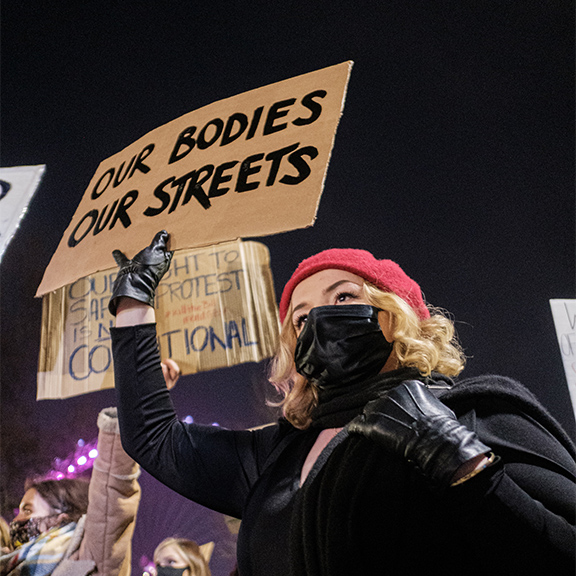I can’t remember my first protest. I was born into a family where participating in a protest was a normal part of my childhood. My mum claims that my first protest was before I was born – she was eight months pregnant at a demo against mine closures in Scotland.
I have been on marches to save jobs, demos against political extremism, protests against injustice and vigils of remembrance. I’ve even organised a few. I have waved banners, handed out leaflets, marched, chanted and on occasion cried for more decades than I am prepared to acknowledge. I’ve exercised all of my democratic rights – hard-won – to campaign for change and to seek to remedy injustice to fight for a better world. And as an MP I was also protested against. It’s the democratic tradition that I was born into and one that I hold very dear.
Which is why events of the last fortnight in the UK have been so disgusting.
Index has been highlighting how repressive regimes, and others, have been using the Covid-19 pandemic to impose restrictions of their citizens since the start of the crisis. How free expression was being limited and our human rights curtailed. In the UK, most of us have taken it on faith that these were temporary measures and that liberal values would prevail – after all protests have continued throughout the pandemic. But not this week.
This week it wasn’t the Chinese Government in the frame for arresting people in Hong Kong, or Lukashenko’s regime in Belarus, or the military coup in Myanmar – it was the British Government and some very over-zealous policing of a vigil for a murdered woman.
Many people have written about the impact of Sarah Everard’s awful murder. Personally, I cannot stop thinking about her family and how distraught those that loved her must be. A vigil to remember her and as safe place for women to unite to highlight their lived experiences and their daily fears does not seem an extremist request – even during a pandemic. There are always ways to make sure that these things are done safely.
But as awful as the images were of women being forced to the ground and arrested by male police officers on Saturday night were, it was what came next that is so worrying for those of us who cherish the right to freedom of expression, the right of protest, the right to engage in the political process.
On Monday the Government brought forward new legislation in the Police, Crime, Sentences and Courts Bill which specifically restricts the right to protest. In fact according to the BBC: “The proposed law includes an offence of ‘intentionally or recklessly causing public nuisance’. This is designed to stop people occupying public spaces, hanging off bridges, gluing themselves to windows, or employing other protest tactics to make themselves both seen and heard.” The law specifically targets people who protest alone.
Demonstrations by design are meant to disrupt normal activity. They are meant to annoy and irritate the establishment – because they are designed to challenge the status quo, or highlight an injustice. Rarely do people organise a protest because they are happy with the actions of their Government.
As the DUP MP Gavin Robinson said during the debate: “The loose and lazy way this legislation is drafted would make a dictator blush. Protests will be noisy, protests will disrupt and no matter how offensive we may find the issue at their heart, the right to protest should be protected.”
This bill needs to be amended. Our right to protest needs to be protected. And we need to defend it – loudly.
To be clear – Index will always defend the right to protest, even during a pandemic, because it’s one of our basic human rights.






